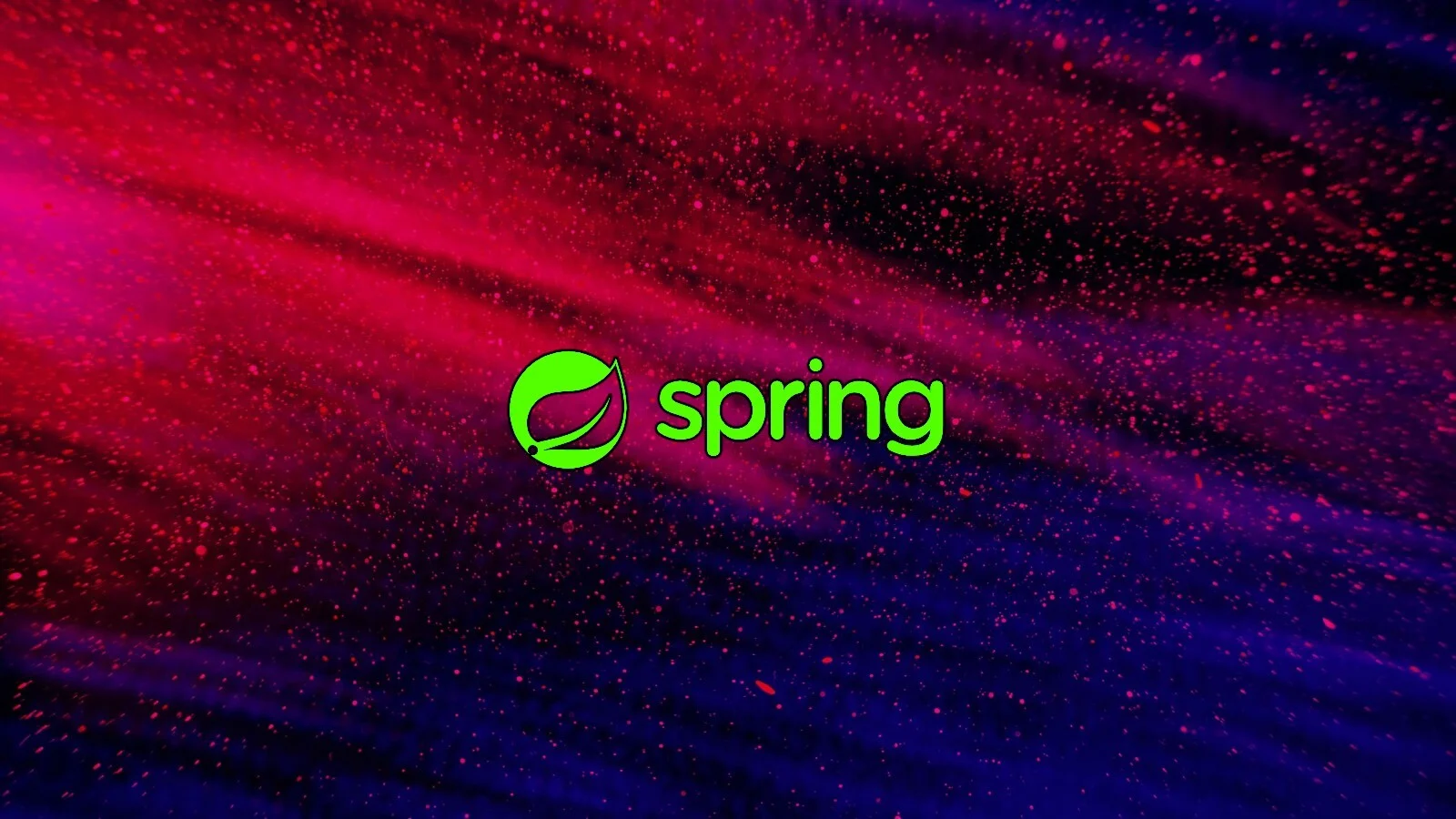A new zero-day vulnerability, Spring4Shell, has been disclosed in the Java framework Spring Core, allowing unauthenticated remote code execution on applications.

In versions 3.1.6, 3.2.2 and earlier unsupported versions of Spring Cloud Function, when using the routing function, the user can specify a specially crafted SpEL of Providing this as a routing expression could allow remote code execution and access to local resources.
Spring is a highly popular application framework that enables software developers to quickly and easily develop Java applications with enterprise-level functionality.
These applications can be deployed on a server such as Apache Tomcat as a standalone package with all necessary dependencies.
A new Spring Cloud Function vulnerability, tracked as CVE-2022-22963, has been disclosed and can be exploited in soon-to-be demonstrated code.
Then information about a more serious Spring Core remote code execution vulnerability circulated on the QQ chat service and Chinese cybersecurity sites.
Numerous cybersecurity researchers and security firms have since confirmed that the vulnerability is valid and of serious concern.
This new Spring RCE vulnerability, named Spring4Shell, is due to unsafe deserialization of passed arguments.
While it was initially thought to affect all Spring apps running on Java 9 or later, it was later discovered that there were specific requirements for Spring apps to be vulnerable.
Will Dormann, a vulnerability analyst with CERT/CC, said that apps should use “Spring Beans”, use “Spring Parameter Binding” and “Spring Parameter to use non-basic parameter types such as POJOs Binding must also be configured.”



Comments